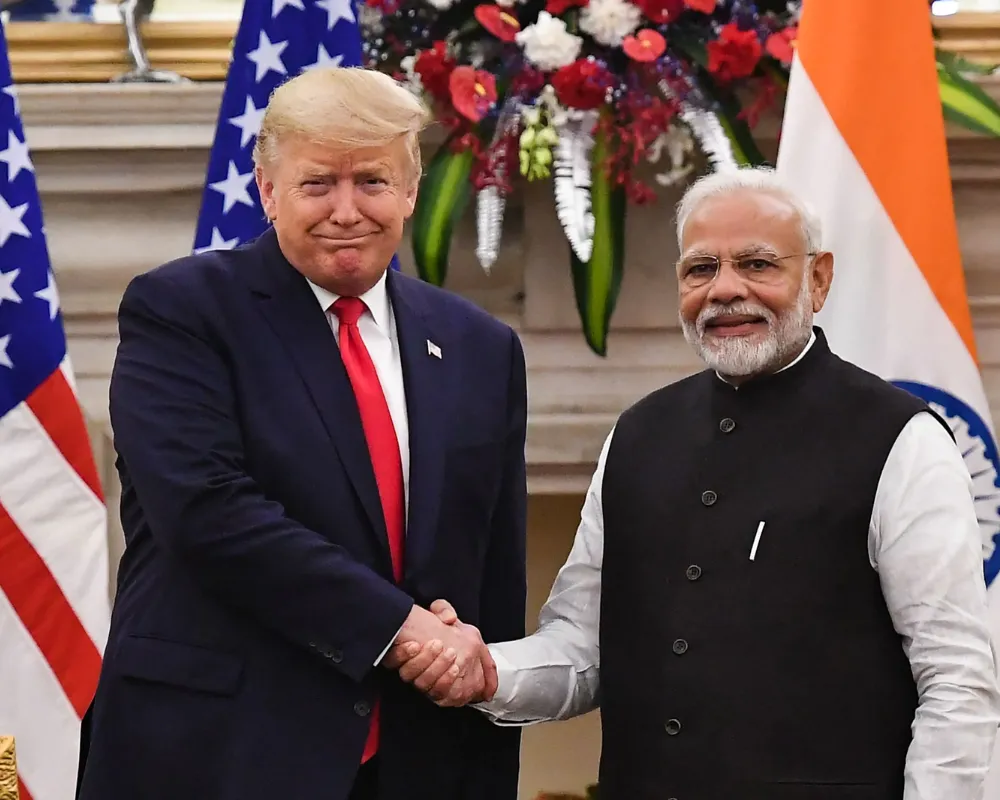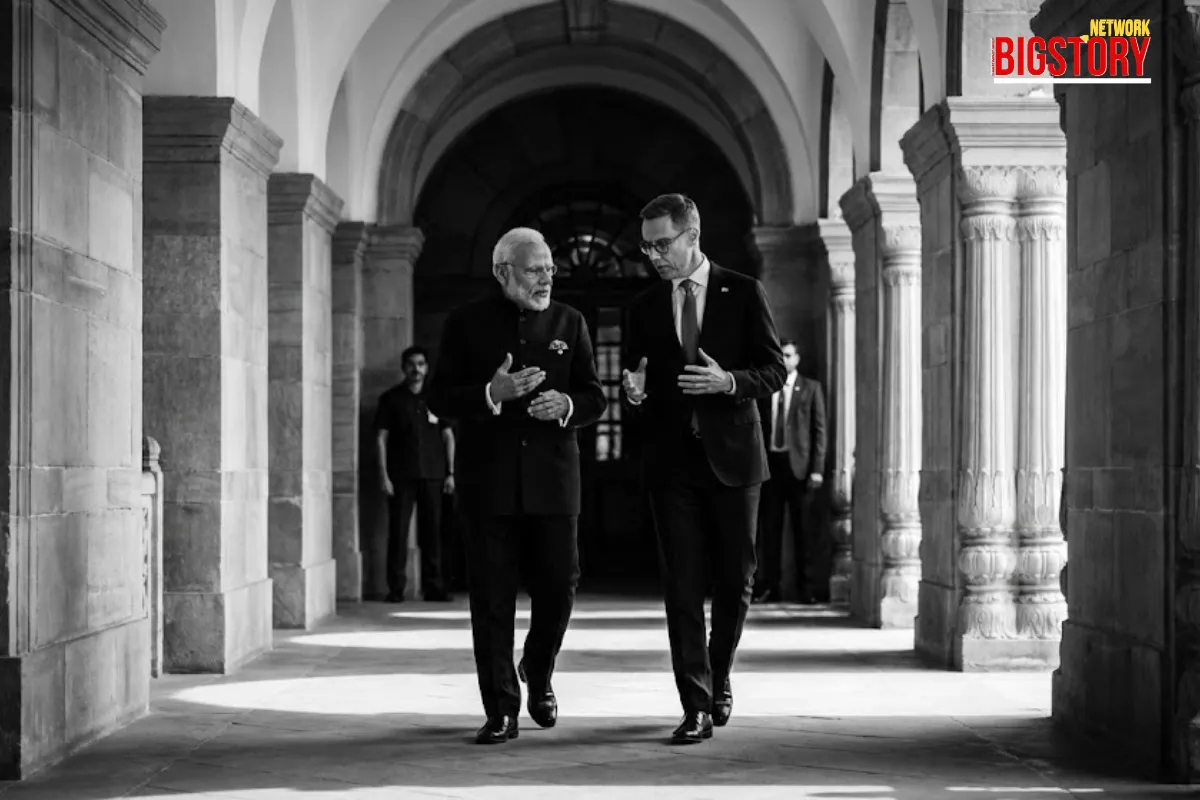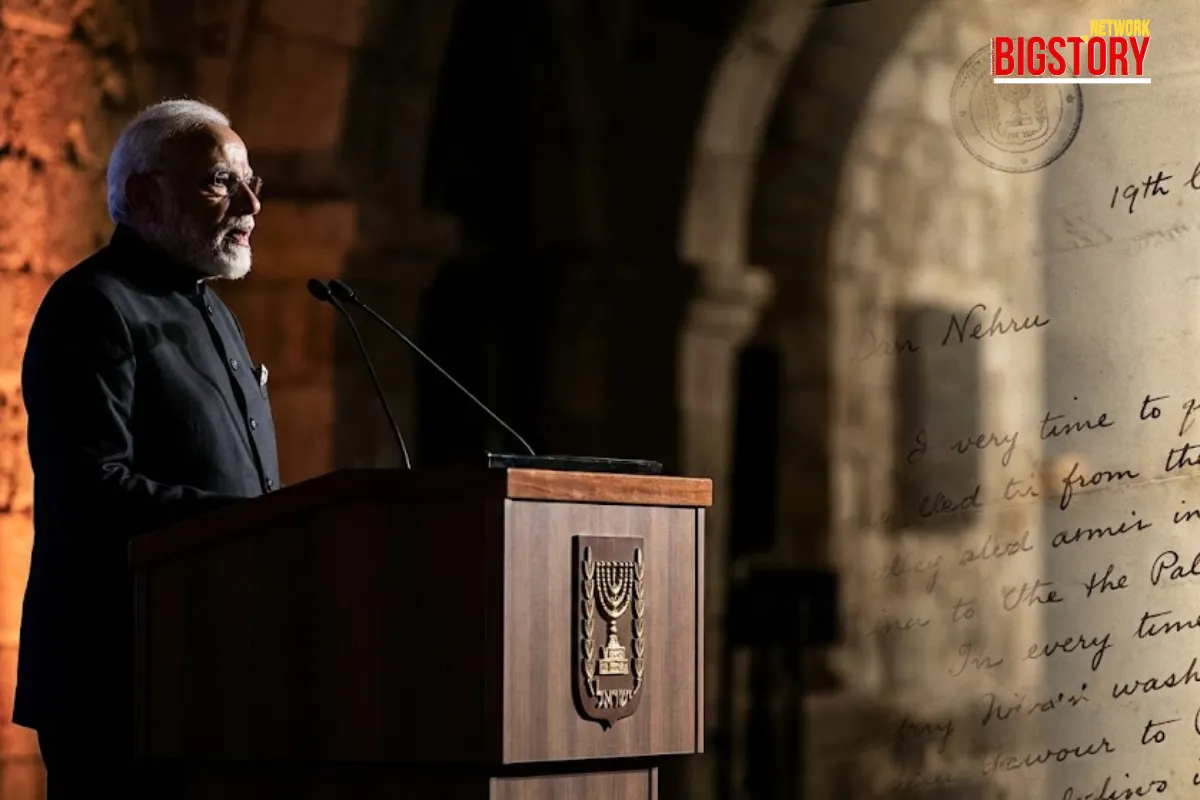Trump imposes 25% tariffs on Indian goods, plus penalty, citing high Indian tariffs and India's energy & military trade with Russia.
 Sseema Giill
Sseema Giill

WASHINGTON D.C. – US President Donald Trump has announced a significant escalation in trade policy, declaring a 25% tariff on all imports from India, effective August 1, 2025. In addition to this blanket tariff, Trump indicated an "additional penalty" for India's substantial purchases of energy and military equipment from Russia, a move that directly links trade policy to geopolitical alliances amidst the ongoing conflict in Ukraine.
The announcement, made via Truth Social, cited two primary grievances. Firstly, Trump criticized India's existing trade policies, labeling its tariffs as "far too high" and its non-monetary trade barriers as "the most strenuous and obnoxious" globally. Secondly, and more pointedly, he highlighted India's continued reliance on Russian military hardware and its position as one of Russia's largest energy buyers, along with China. Trump stated that these purchases are "not good" at a time when international efforts are focused on isolating Moscow.
This decision marks a pivotal moment in US-India trade relations, which have seen a complex interplay of strategic partnership and persistent trade disputes. While Trump emphasized that India remains a "friend," he expressed frustration over the lack of progress in finalizing a bilateral trade agreement. Despite ongoing negotiations, including a proposed "mini-deal" to roll back existing retaliatory tariffs, a breakthrough has not materialized ahead of the August 1 deadline.
The specifics of the "additional penalty" linked to Russian trade remain unclear, with details expected to be provided by the White House shortly. However, the intent is evident: to leverage economic pressure to influence India's foreign policy choices. This mirrors earlier warnings by the Trump administration about potential secondary sanctions on countries continuing to trade with Russia.
Indian government officials have responded by stating they are "studying the implications" of the US decision. They reaffirmed India's commitment to securing its national interest and working towards a "fair, balanced, and mutually beneficial bilateral trade agreement" with the United States. Experts in India are assessing the potential impact on key export sectors such as textiles, pharmaceuticals, gems and jewelry, and auto parts, which heavily rely on the US market.
The imposition of these new tariffs and penalties underscores President Trump's aggressive approach to trade and foreign policy, where economic leverage is directly tied to broader strategic objectives. The coming weeks will reveal how India responds to this pressure and whether a path can be found to mitigate the economic fallout while navigating complex geopolitical alignments.






Sign up for the Daily newsletter to get your biggest stories, handpicked for you each day.
 Trending Now! in last 24hrs
Trending Now! in last 24hrs



